A Review by Jeremy Bursey
Download Here
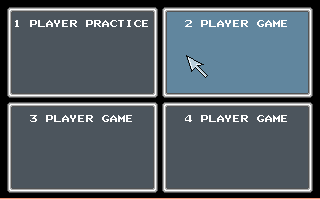
When I had asked James to
put together an article about his design philosophy last month, I
didn’t expect the article to come with a new game. And yet,
there it was, ready to be played, and ready to be slobbered over.
Now, while I didn’t exactly slobber over it, I did really
enjoy it, and in the process of enjoying it I thought that I should
probably review it for kicks, because, well, we all love to read
reviews, right?
So, let’s start with the basics.
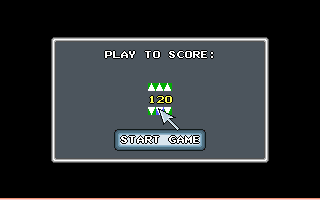
As you should be aware if you’ve
read the design philosophy
article, VocabMosaic borrows
from the hot new game Words with
Friends,
which operates a lot like the big title of the corporate monstrosity
that James referred to in his article, where the player forms a word on
a grid space and gets points for his effort.
It works like this: You decide how many people will play. Either
you’ll “practice” by yourself, or play
with 2, 3, or 4 players, each taking turns. Then you’ll
select the “winning score,” meaning you choose the
score that ends the game, and then you’ll fight your way with
words to the end. When it’s your turn, you’ll try
to make as many words as you can using the letters in your tray, moving
everything around with mouse clicks. Then you’ll click the
“Done” button in the upper left corner of the
screen when you’ve made all the words you can. From there,
the game will calculate your score based on what you used. The score
will then be added to your overall score, and you’ll marvel
at how slick the bar graph looks as it rises. It’s all in
good fun.
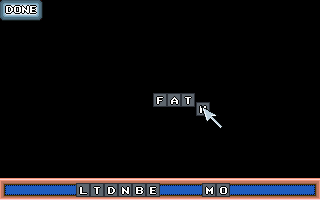
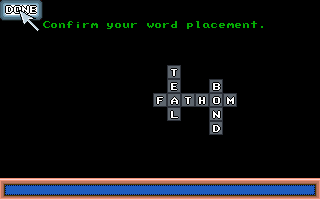
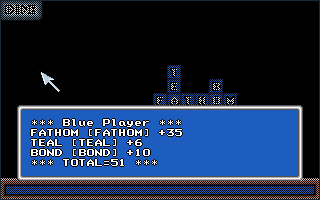
The first person to exceed the target
score wins. The winner must then
flaunt his victory by strutting around the room and calling everyone
else a simpleton. It’s the way games were meant to be played.
There’s nothing profound to say about VocabMosaic that
hasn’t already been said in the design philosophy article.
The most intriguing thing about it is the immense vocabulary that James
managed to import in to the RPG file. It’s yet another
example of the OHR’s flexibility, and a reason why I believe
more people searching for a game making engine should give it a try. I
don’t really understand how he did this, even after having
read the description about the Python word gatherer thingamabob. But
the fact that he could do it
makes me more impressed with this engine
than ever before.
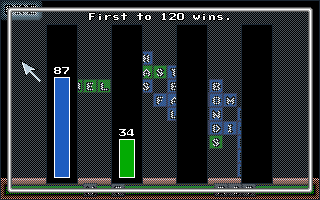
Do I think VocabMosaic is worth the play? Of
course I do.
Let’s be honest. How many of us really want to spend $200 on
Rock Band just to have
something to do when friends come over? This is
a cheap, fun alternative that should not be missed.
The only thing I’d want to see different is the background.
Since this is an OHR game, it should have James’s graphical
stamp on it somewhere. Perhaps some stills of Bob the Hamster, that
demigoddess from the Bell of Chaos,
or anyone from his gaming
repertoire in the background would’ve been a nice addition,
especially if the backgrounds changed with each game. But even without
them, this thing is pretty cool.
Definitely play this.
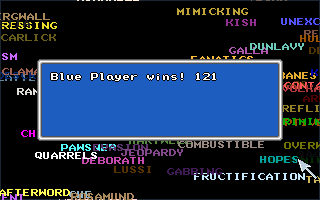
And on a related note, the design philosophy format is open to anyone. I’ll post a separate template in the news or features section for anyone wanting to write their own. If you’re making a game alongside of it, then that’s even better.